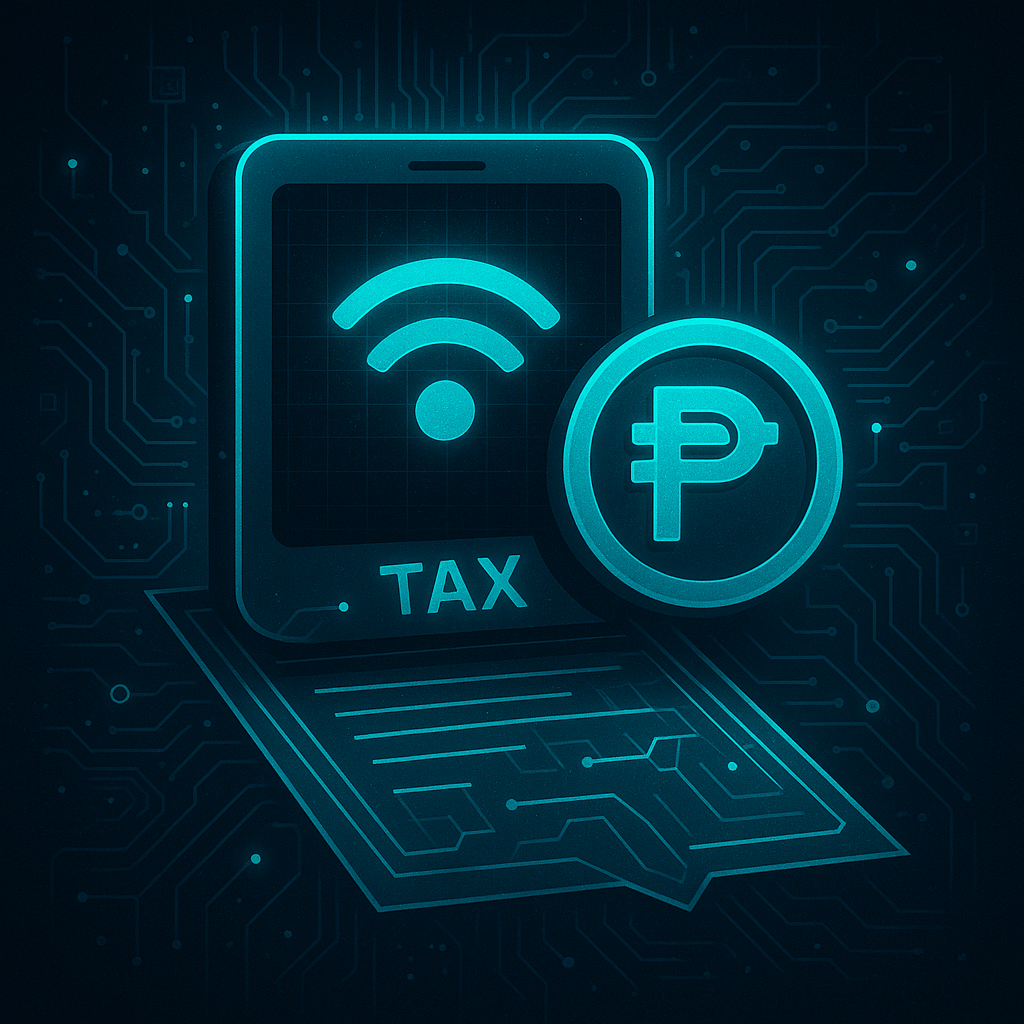Published on June 1, 2025
On October 2, 2024, Republic Act No. 12023 (“RA No. 12023”) was signed into law. RA No. 12023 provides for “digital services” to be subject to twelve percent (12%) value-added tax (VAT).
Under RA No. 12023, “digital service” refers to any service that is supplied over the internet or other electronic network with the use of information technology and where the supply of the service is essentially automated. RA No. 12023 provided examples of such digital services that will be covered by the said imposition of VAT. Digital services are said to include, but is not limited to:
- Online search engine;
- Online marketplace or e-marketplace;
- Cloud service;
- Online media and advertising;
- Online platform; or
- Digital goods.
On January 16, 2025, Revenue Regulation No. 003-2025 (RR No. 3-25) was issued to prescribe the policies and guidelines for the implementation of RA No. 12023. RR No. 3-25 defines what digital goods are. RR No. 3-25 defines “digital goods” as intangible goods that are delivered or transferred in digital form, including sounds, images, data, facts, or combinations thereof. RR No. 3-25 also provides additional examples of digital goods and digital services.
Thus, following the effectivity and implementation of RA No. 12023, some of the products/services that may be subject to VAT are:
- Digital content purchases such as downloads of e-books, music, videos, software, applications, digital media, e-games, and online courses;
- Subscription-based supplies of content such as music, streaming media, and online gaming;
- Licensing of contents such as access to specialized online content such as publications and journals, software;
- Telecommunication and broadcasting services;
- Data storage and web hosting;
- E-commerce platforms;
- Communication tools and collaborative software; and
- Online consultations through a digital platform.
However, the following digital service transactions are exempt from VAT:
- Educational services, including online courses, online seminars, and online trainings rendered by private educational institutions, duly accredited by the Department of Education (DepEd), the Commission on Higher Education (CHED), the Technical Education and Skills Development Authority (TESDA), and those rendered by government educational institutions;
- Sale of online subscription-based services to DepEd, CHED, TESDA, and educational institutions recognized by said government agencies; and
- Services of bank, non-bank financial intermediaries performing quasi-banking functions, and other non-bank intermediaries that are rendered through different digital platforms.
This legislation affecting digital services will be an additional source of revenue for the government to cover its expenses. However, as a result, providers of digital services are likely to increase the price of their services.
Disclaimer:
The contents of this website are for general information and educational purposes only and do not constitute legal advice. No attorney-client relationship is formed by using this site. We strive for accuracy, but we cannot guarantee that the information is always up-to-date or error-free.
Use of this site and its contents is at your own risk. This website and its authors disclaim any liability for any loss or damage, whether direct, indirect, incidental, consequential, or otherwise, arising from the use or misuse of the information provided on this website.
For specific legal advice, please consult our law firm: CONTACT US
RR No. 3-25 defines "digital goods" as intangible goods that are delivered or transferred in digital form, including sounds, images, data, facts, or comibations thereof.

Ricardo S. Servida, Jr.
ASSOCIATE LAWYER - ACCOUNTANT





